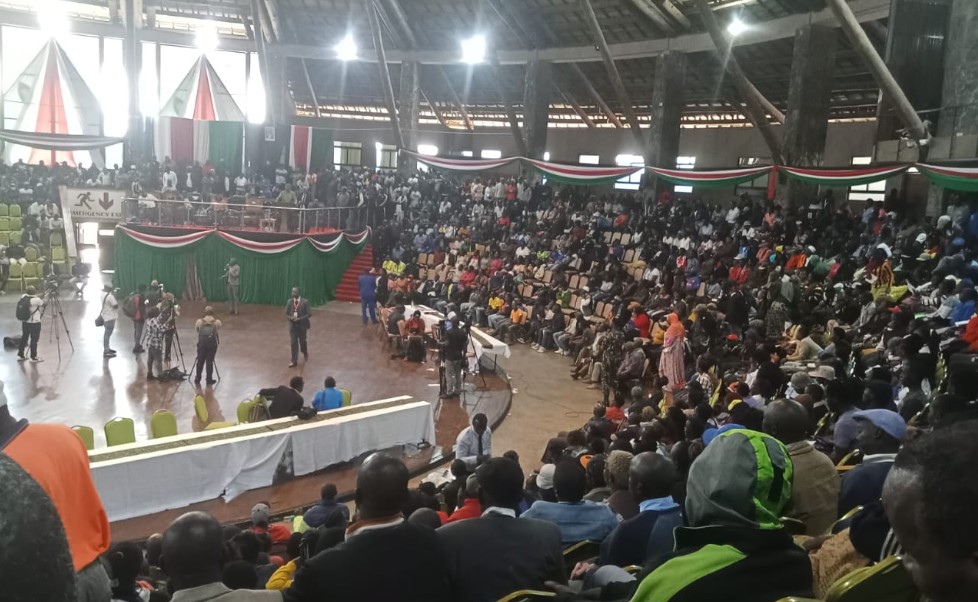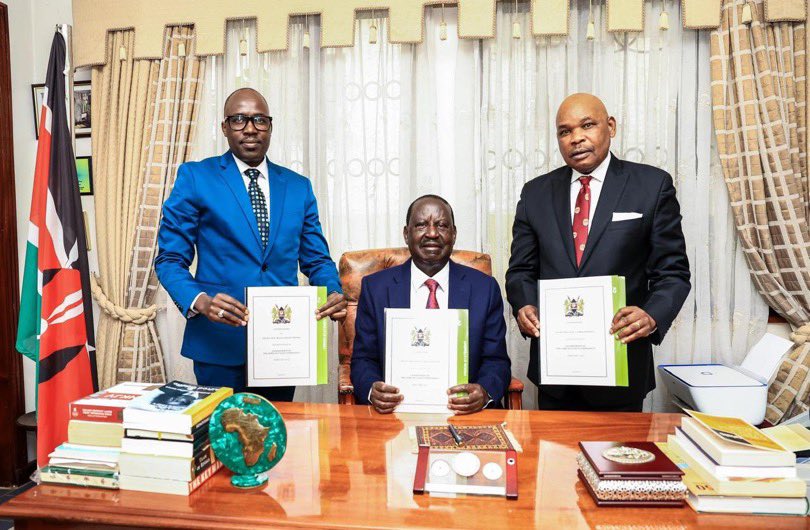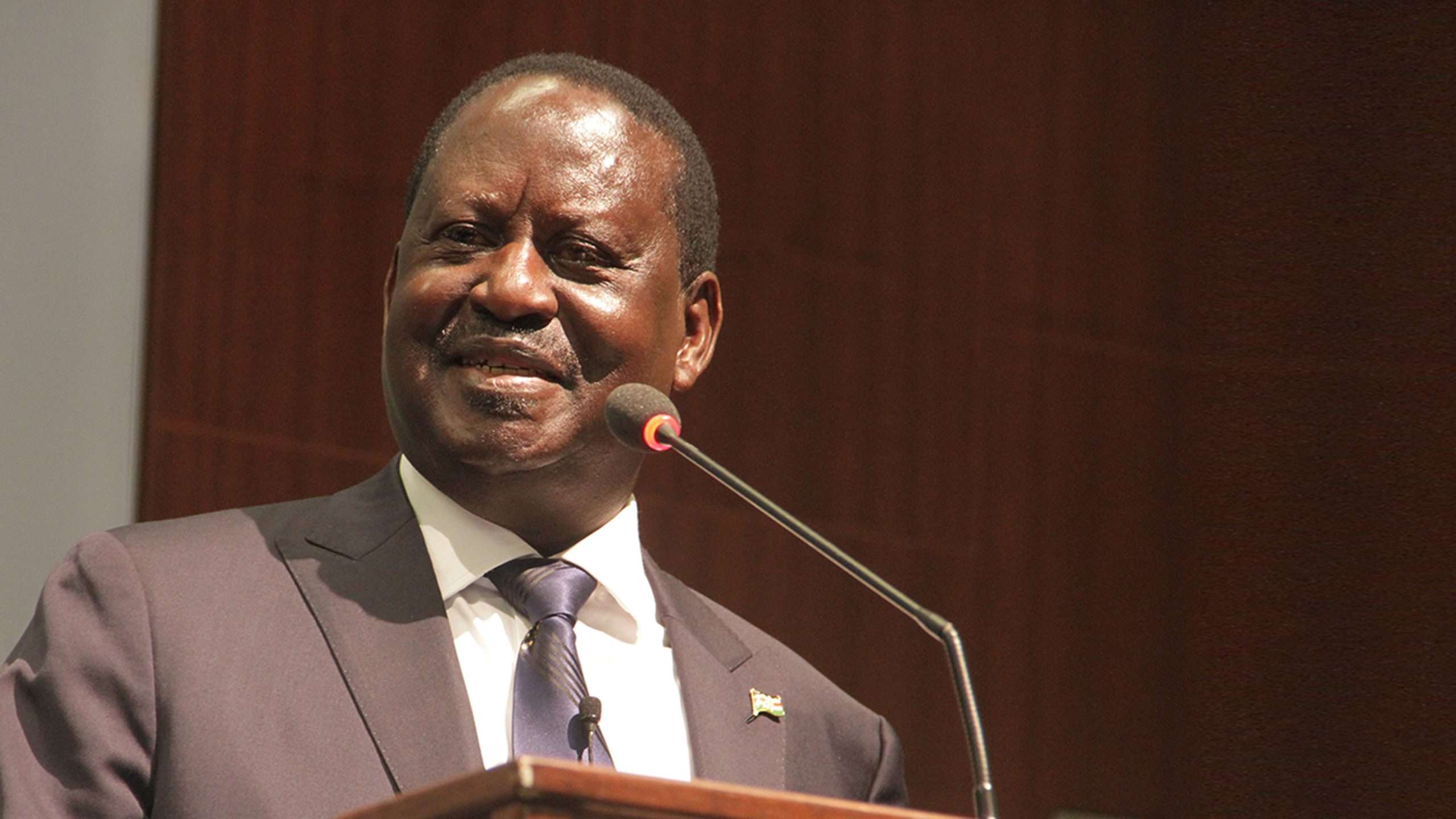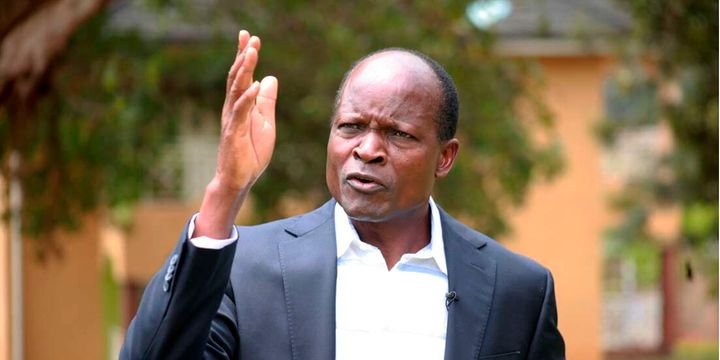In his ruling, Justice Richard Mwongo of the Kerugoya Law Courts stressed that public participation must not be a mere formality but a genuine engagement of citizens. He emphasized the need for clear structures, inclusivity, transparency, and balanced public influence. The judge confirmed that the initial round of public participation, which began on Friday, October 4, would continue as planned but directed an additional round at the constituency level to allow more Kenyans to provide input
As the National Assembly engages the public on the special motion to impeach Deputy President Rigathi Gachagua, a major legal battle looms if his removal from office proceeds, particularly over how the process is conducted. Whether or not the 11 impeachment grounds are proven, the quality of public participation could determine whether Parliament’s decision survives legal scrutiny.
Although the High Court had previously declined to block the impeachment proceedings, Mr Gachagua is expected to argue that the public, who elected him alongside President William Ruto, was not sufficiently involved. Under the 2010 Constitution, the President and Deputy President are elected on a joint ticket.
In a new development, the High Court instructed Parliament on Thursday to conduct a second round of public participation to ensure all Kenyans could express their views on the impeachment motion.
In his ruling, Justice Richard Mwongo of the Kerugoya Law Courts stressed that public participation must not be a mere formality but a genuine engagement of citizens. He emphasized the need for clear structures, inclusivity, transparency, and balanced public influence. The judge confirmed that the initial round of public participation, which began on Friday, October 4, would continue as planned but directed an additional round at the constituency level to allow more Kenyans to provide input.
Mr Gachagua has frequently cited Article 118(1)(b) of the Constitution, which obliges Parliament to ensure public involvement in its legislative activities, arguing that the decision of Parliament cannot override the will of the 7.2 million voters who elected him. “We were chosen by 7.2 million Kenyans. It’s shocking that about 200 MPs think they can oust the leader picked by the people. Let them go to Bomet and see if the residents want me gone,” he remarked in a recent radio interview.
National Assembly Speaker Moses Wetang’ula also highlighted the importance of public input, noting, “It would be improper to conclude such a motion without public participation. Article 182 of the Constitution makes it clear that Parliament must ensure public involvement in its legislative business, including committee work.”
Despite efforts by the National Assembly to gather public opinion, Gachagua insists that brief sessions in a few forums across the 47 counties do not adequately reflect the national mood. He argues that the limited venues prevent many citizens from participating due to long travel distances. He has called for public forums in all 290 constituencies and 1,450 wards nationwide.
In response, the National Assembly introduced a template for Kenyans to submit their views, either by delivering the forms to designated venues or by email by 5:00 PM on October 5. However, Gachagua contends that many ordinary citizens were unaware of the notice, with those mobilized by supportive MPs more likely to participate. Kipipiri MP Wanjiku Muhia, for example, announced, “In Kipipiri, public participation in the impeachment of our Deputy President went on as scheduled yesterday, Friday, October 4, 2024. For convenience, I stationed staff at all chiefs’ offices to provide forms and assist with participation.”
Public participation, protected under Article 171(4) of the 2010 Constitution, is a fundamental aspect of Kenya’s democracy, as reaffirmed by recent court decisions striking down various executive actions and parliamentary laws. The International Commission of Jurists (Kenya Chapter) has emphasized its importance, noting, “The principle of ‘We the People,’ embedded in the Kenyan Constitution, must be realized through active and effective public engagement.”





